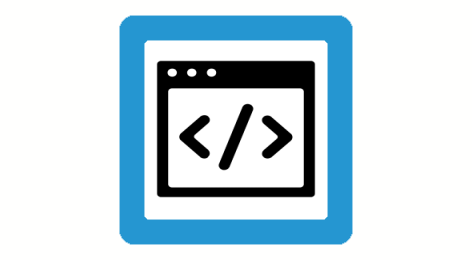Configuring a workpiece CS
The parameter P-CHAN-00448 cooperates one group with another. The group then follows the movements of the group specified in P-CHAN-00448. If the group has a TCP, the PCS shifts the TCP to the effector system of the specified group.

Example

A robot works at a rotary/swivel table
The robot is programmed to follow the movement of the rotary/swivel table. This example contains two independent kinematic chains:
- Rotary/swivel table
- Robot
For this reason, two groups must be configured.
To set up a relationship between the two chains, the table group can be defined as workpiece CS of the robot group. The consequence of this is that the robot follows the movement of the table.
Example

The PCS of the group with the active workpiece CS is shifted to the moved workpiece.
In the example below, the PCS of the ID100 group shifts to the workpiece moved by the ID200 group.
trafo[0].id 1
trafo[0].type 45
…
trafo[1].id 2
trafo[1].type 91
…
trafo[2].id 3
trafo[2].type 210
trafo[2].group[0].id 100
trafo[2].group[0].workpiece_cs 200
trafo[2].group[0].chain[0] 1
trafo[2].group[1].id 200
trafo[2].group[1].chain[0] 2
The complete parameterisation can be found in the Robot on an XZ linear unit at a rotary/swivel table.